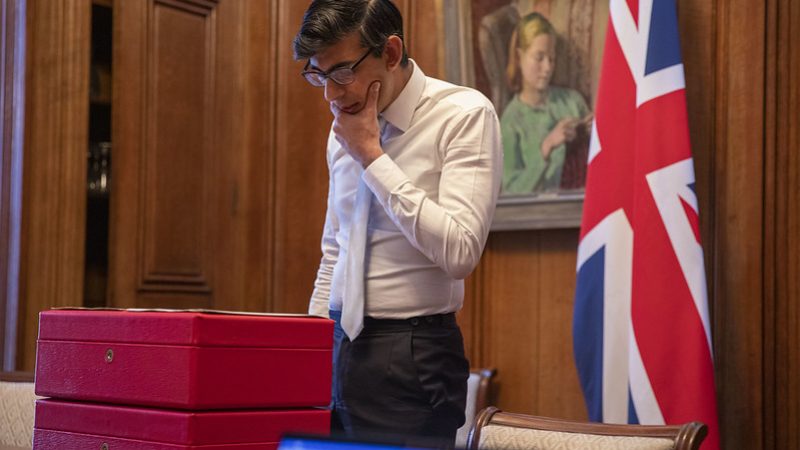
Rishi Sunak delivered a Budget that many will say was difficult for Labour. With a corporation tax rise to 25%, a bigger increase than many had been expecting, the economic plan appeared to recognise that those who have done well out of the pandemic should contribute more to the recovery. The Chancellor also met Labour’s demands for extended business rates relief and extended VAT cuts for hard-hit sectors, which some would argue is an indication that the opposition party’s interventions are not setting the bar high enough.
John McDonnell has remarked that Sunak “steals my rhetoric”, though there is “no substance”. The planned corporation tax hike is an exception, if it happens. There are many policies – and, importantly, absences – that otherwise confirm McDonnell’s reaction. Council tax, a regressive levy, will soon rise for many areas as ministers refuse to address local government funding gaps despite promising to do so. The Universal Credit uplift has also thankfully been extended, yet claimants will be faced with another cliff edge in September. And non-uprated legacy benefits received by many disabled people continue to be ignored.
The bottom line of this Budget: a huge focus on businesses, yet nothing for public services, for social care or for social security beyond September. On measures directly affecting workers, there was little aside from personal tax allowances being frozen and completely unavoidable extensions of income support schemes. Heavily dependent on a trickle-down effect over the next year, Sunak has today put off many of the long-term problems that have been highlighted further by Covid, presumably to be acknowledged in the next Spending Review.
Keir Starmer was spot on when he said the Budget “simply papers over the cracks” as a long-term plan would have at least mentioned the NHS and social care, those two things that have been deeply scarred by the pandemic and needed serious help even before it hit the UK. Instead, all we can expect is yet another reorganisation. The Labour leader was also right to point out that “levelling up” for Sunak does not involve a “transformative shift in power, wealth and resources”, but merely moving some parts of the Treasury and establishing free ports.
An important area that received less attention than we might have expected: a green recovery. Sunak did name a list of policies for green growth, but nothing very eye-catching. Although the Chancellor proudly announced the creation of a National Infrastructure Bank to accelerate progress to net zero, which we already knew about, as Starmer said “it would have been better if the government hadn’t sold off the Green Investment Bank in the first place”. How long before this bank is privatised? The green commitments also ran contrary to the decision to freeze fuel duty again.
Sunak can look hot on Instagram. His slick press operation and smooth rhetoric have led to critical acclaim in the press, with the BBC portraying him as Superman and releasing a new party political broadcast for him today. The reality that this Budget ignores the day-to-day concerns of many cannot, however, go unnoticed. Most key worker pay is frozen, millions are still excluded from any Covid support despite paying their taxes and doing exactly as the Tories usually advise by being entrepreneurial, inequalities exacerbated by the pandemic did not even get a mention. This was the epitome of procrastination, not a serious long-term plan.




More from LabourList
‘Labour’s quiet quest for democratic renewal’
‘Labour promised to make work pay. Now it must deliver for young people’
‘Council Tax shouldn’t punish those who have the least or those we owe the most’